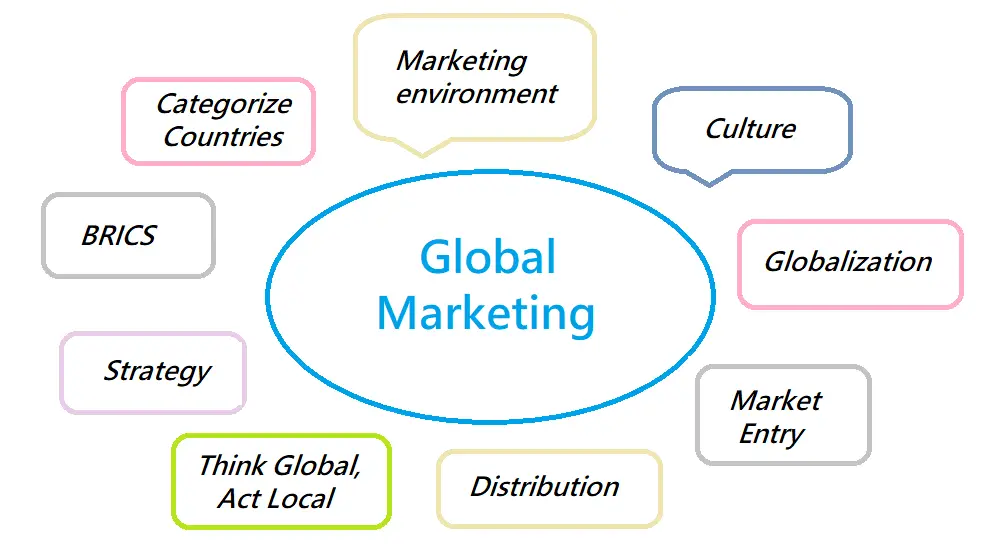
“My insulin’s $3,000 a month and, with out Medicaid, that’s simply no longer conceivable,” Smith mentioned. “I’m slightly getting via as it’s, consuming sizzling canines and oatmeal maximum days. There’s nowhere left to chop.”
A brand new spherical of changes to federal advantages is converting spending calculations for thousands and thousands of families around the nation and may dent U.S. financial task at a time when there are already heightened fears of a recession.
As many as 15 million other folks, or 17 % of the ones enrolled in Medicaid or the Kids’s Well being Insurance coverage Program, are anticipated to lose protection in coming months, as states start reevaluating who’s eligible for this system.
The ones cuts, blended with previous rollbacks to meals help in the course of the Supplemental Vitamin Help Program (SNAP), are anticipated to shave off $80 billion in spending energy from lower-income American citizens this 12 months by myself, in keeping with an research via Goldman Sachs. Extra widely, the financial institution’s economists say slashing advantages tilts the economic system additional “towards higher-income families that experience a decrease propensity to spend,” which might drag down general shopper spending.
The shift comes at a precarious time for the economic system. Fourth-quarter gross home product figures have been revised downward this week. Inflation is cooling however stays stubbornly excessive. And up to date banking turmoil has ended in heightened alarm of an drawing close recession.
American citizens’ propensity to spend — even within the face of decades-high inflation and unexpectedly emerging rates of interest — has helped prop up the economic system for a lot of the previous 12 months. However many economists say the U.S. economic system is at a turning level: Pandemic-era stimulus cash has run out, financial savings are dwindling, and individuals are taking over extra debt to hide on a regular basis bills. A drawdown in shopper spending, which makes up just about 70 % of the U.S. economic system, blended with different slowdowns, may well be sufficient to tip the rustic into recession.
Smith says her $14-an-hour task at Chick-fil-A, disqualifies her from proceeding Medicaid protection. (Virginia calls for that Medicaid recipients make not up to $20,121 a 12 months.) Now she’s caught in an unimaginable place: There’s no manner she will be able to quilt medical health insurance on her personal, however she may also’t have enough money to pay out-of-pocket for the kidney procedures and diabetes therapies that she calls for.
“Each and every time I’m ill and omit a shift, that’s misplaced revenue,” she mentioned, including that she’s had 3 kidney surgical procedures previously six weeks. “However the expenses don’t forestall — hire, electrical, automotive cost, groceries, fuel. There’s not anything left on the finish of the month.”
Public investment cuts lead much more immediately into decreased financial spending energy, as a result of in lower-income families, “cash that is available in is spent in an instant,” mentioned Joseph Briggs, an economist at Goldman Sachs. “The pullback in fiscal transfers, particularly the ones related to SNAP advantages, are prone to create an instantaneous head wind to spending.”
Additional cuts to executive systems are nonetheless conceivable this 12 months, with congressional Republicans and President Biden in a standoff on learn how to deal with the U.S. debt prohibit sooner than it’s breached. Area Speaker Kevin McCarthy (R-Calif.) ultimate week known as on Biden to chop “out-of-control” executive spending with a lot of coverage adjustments, together with new paintings necessities for American citizens on welfare.
Pandemic-era boosts to Medicaid and SNAP have been a part of the federal government’s sweeping and remarkable efforts to stay households above water in 2020, when the coronavirus pandemic all at once plunged the rustic right into a recession. Greater than 20 million American citizens misplaced their jobs within the first two months of the pandemic, with the ones in low-wage sectors comparable to hospitality and retail disproportionately harm.
Emergency measures, together with stimulus assessments, kid tax credit score bills and a freeze on pupil mortgage bills, helped stem the fallout. Many households relied closely on that more cash, particularly as inflation soared to 40-year highs.
3 years later, the ultimate of the ones stopgaps are being phased out. Despite the fact that the systems have been all the time supposed to be transient, mavens say it will take months for spending patterns to normalize.
“The truth is: Households are experiencing this as an financial cliff,” mentioned Elaine Waxman, a senior fellow on the City Institute’s Source of revenue and Advantages Coverage Heart. “It’s a large drop in assets abruptly, at a time when inflation stays extraordinarily excessive. There might be ripple results. And it is going to take us some time to grasp precisely how this performs out.”
Economists say systems like SNAP are a specifically instant and efficient option to prop up the economic system whilst serving to suffering households. Nearly all — 96 % — of meals stamps are spent that month, in keeping with the Heart on Price range and Coverage Priorities, which interprets to billions of greenbacks in assured shopper spending. Each and every greenback in SNAP advantages provides $1.50 to the U.S. economic system, in keeping with figures from the Agriculture Division.
Despite the fact that SNAP advantages can handiest be used on groceries, they lend a hand release cash for different necessities. When a circle of relatives receives additional meals stamps, they spend extra on a spread of products, mentioned Jiyoon Kim, an economics professor at Bryn Mawr Faculty whose paintings specializes in how executive systems and insurance policies impact probably the most prone.
“Now when advantages are lower, the other will occur,” Kim mentioned. “This isn’t simply chopping spending on meals and well being care — but in addition housing, leisure, transportation, training. There’s a miles larger impact at the general economic system.”
When Keion Samuels’s per month allotment of meals stamps dropped from $280 to $60 in March, he lower his grocery checklist to only 5 pieces: spaghetti, flooring pork, tomato sauce, seasonings and bottled water, which he wishes as a result of kidney illness.
Samuels, 44, stretched the elements into two weeks’ price of spaghetti and meatballs. For the remainder of the month, he’s been depending on meals banks in Westwego, L. a.., and cooked foods from pals or his sister.
“That used to be it. It’s all I may have enough money, and it used to be long gone,” he mentioned. “It’s arduous in case you have diabetes. You’ll be able to’t inform other folks, ‘Don’t put salt for your meals. Don’t put sugar for your lasagna.’ My well being is getting worse.”
Samuels labored as a shift supervisor at McDonald’s and department-store dock employee till 2014, when he began having imaginative and prescient issues from indifferent retinas. Since then, he’s been getting via on social safety incapacity bills, in addition to meals stamps and Medicaid, which covers a rotation of half-dozen experts, together with eye docs, kidney experts and pain-management mavens.
“I don’t know if my Medicaid goes to be affected,” he mentioned. “I am hoping it’s no longer, however till I do know needless to say, it appears like any other whip coming towards me.”
The phasing out of Medicaid advantages for thousands and thousands comes at a time when American citizens are already pulling again. Shopper spending on each items and services and products fell in February, after adjusting for inflation, in keeping with new knowledge launched Friday.
Economists be expecting that slowdown to proceed, as increased borrowing prices, emerging debt so much and fast-depleting financial savings accounts take their toll on family budgets.
A few of that retrenching is predicted — desired, even — as policymakers attempt to rein in spending sufficient to carry down decades-high inflation. However some economists say rolling again advantages to the poorest American citizens isn’t probably the greatest trail to easing worth pressures.
“The difficult factor at the moment is that the whole function is to tamp down on spending within the economic system,” Waxman of the City Institute mentioned. “The issue is that no longer all spending is equivalent. Those aren’t the families which might be riding the type of spending policymakers are looking to repair via adjusting rates of interest.”
In Yankton, S.D., Mary Birmingham is being kicked off Medicaid this weekend. She makes $17 an hour at a part-time task assembling clinical units and says that wage, blended with $991 a month in social safety incapacity advantages, approach she not qualifies for this system after 13 years of protection.
Birmingham, 57, used to be notified of the verdict via mail 10 days in the past. It got here as a surprise, she mentioned; she had no thought her eligibility used to be up for debate.
Birmingham, who used to be recognized with post-traumatic rigidity dysfunction in 2010, is expecting no less than $225 a month in additional Medicare premiums and prescription prices, plus further bills for dental, imaginative and prescient and listening to appointments. It’ll be arduous to make do, she says, particularly with inflation.
“My prescriptions and my therapist and my number one physician are my lifeline,” she mentioned. “Ever since I were given that letter, it’s been terrible. I believe loss and helplessness and panic and nervousness and worry.”
Tony Romm contributed to this file.
Supply Through https://www.washingtonpost.com/industry/2023/04/02/medicaid-snap-expiration-economy/







